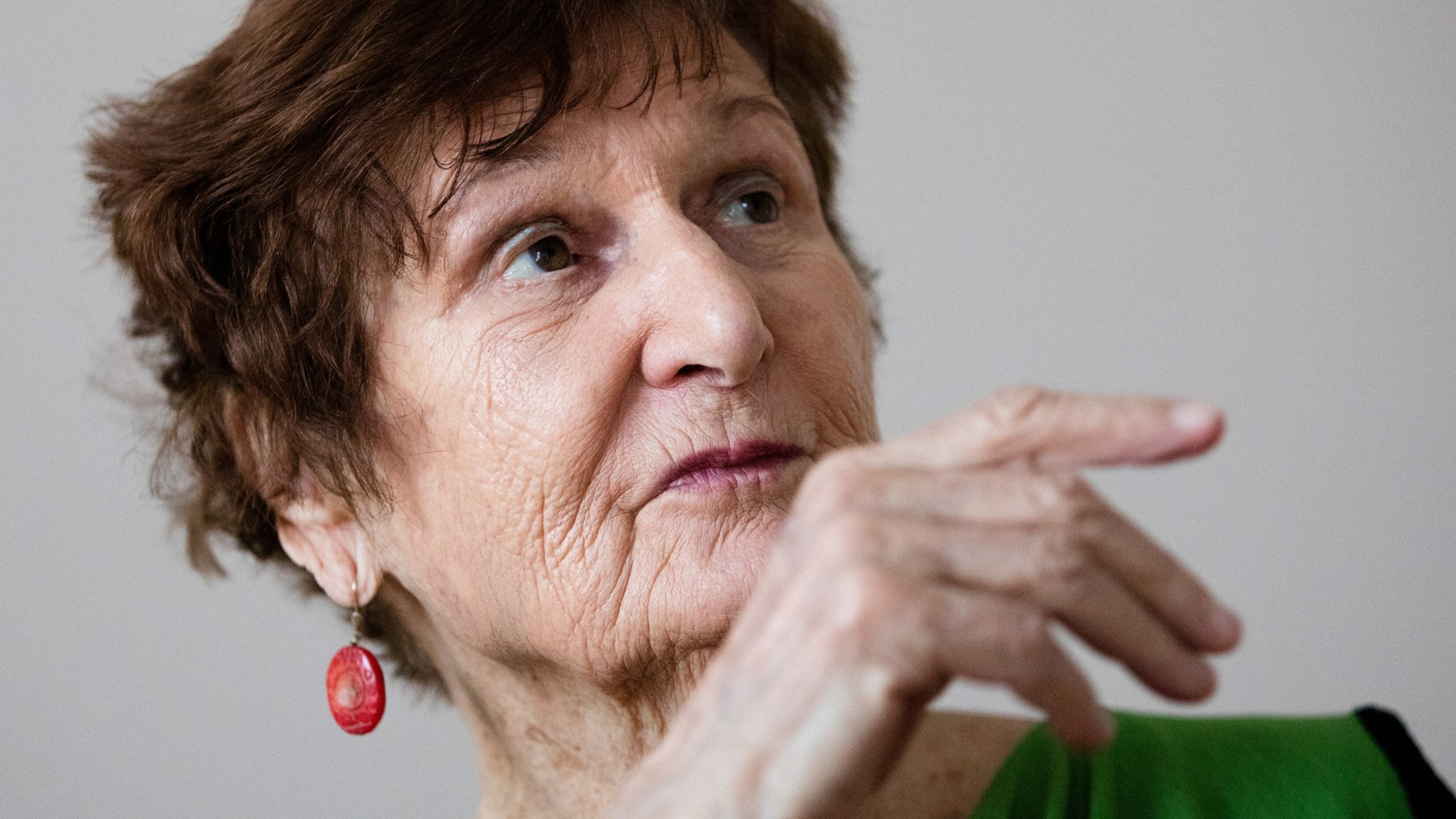The singer and cabaret artist Marie-Therese Escribano died on Monday afternoon in a Vienna hospital at the age of 97. This was announced by a close friend of the versatile artist, who was born in Paris, grew up in Madrid, studied in Brussels and lived in Vienna for decades.
Escribano was born in Paris on March 19, 1926 to a Belgian mother and a Spanish father and grew up in Madrid. After studying at the Madrid University of Music, she continued her studies in Brussels, where one evening she heard a guest performance by the then State Opera Ensemble with greats such as Elisabeth Schwarzkopf, Irmgard Seefried and Anton Dermota. 1955: Go to Vienna “I heard these famous singers and was fascinated . I thought to myself, that’s exactly what I wanted to learn, and after my mother died, I went to Vienna,” Escribano once recalled in an APA interview about her trip to Vienna in 1955 – a city that she found multicultural perceived: “There were very different nationalities and not much xenophobia – I liked that.” And so she stayed, was admitted to the then Academy of Music and Performing Arts and discovered her preference for modern avant-garde music. In 1959, Escribano sang Pierre Boulez’s “Improvisations sur Mallarmé” in the ensemble in the series around Friedrich Cerha and was convincing. The singer also gave concerts across Europe under greats such as Lorin Maazel and Mauricio Kagel with works of the avant-garde. However, the artist did not stop at new music. A few years later she met Klaus and Michel Walter, who were involved in early music. When the two of them showed the singer medieval instruments, she was thrilled. Together they founded the ensemble Les Menestrels.Change to the theater environmentIn the mid-70s, Escribano once again demonstrated her complexity and moved to the theater environment. “It is a great blessing when the inner layers of the onion scream so loudly that they become audible,” she recalled, referring to the onion parable from “Peer Gynt,” the motivation for this change. After that, she increasingly focused on that , what she herself called “little pieces.” She refused to be called a cabaret artist. “I am proud of my programs because they are always my own texts.” At the same time, these performances were always characterized by great spontaneity. Her programs had titles such as “Seems Spanish to me”, “The older I am” or “90:90”, when she reviewed her life in 90 minutes on her 90th birthday. The silver recipient’s commitment was limited The city of Vienna’s badge of honor never only limited the spotlight, but also included the space behind the stage, as Escribano, as a trained singer, gave workshops as well as singing and language lessons for many years. She herself rejected the term “voice training” as being too reminiscent of dressage and invented her method of “vocal liberation” – a term that fits perfectly with the life of Marie-Thérèse Escribano, which has now come to an end after more than 97 years.
source site-12
